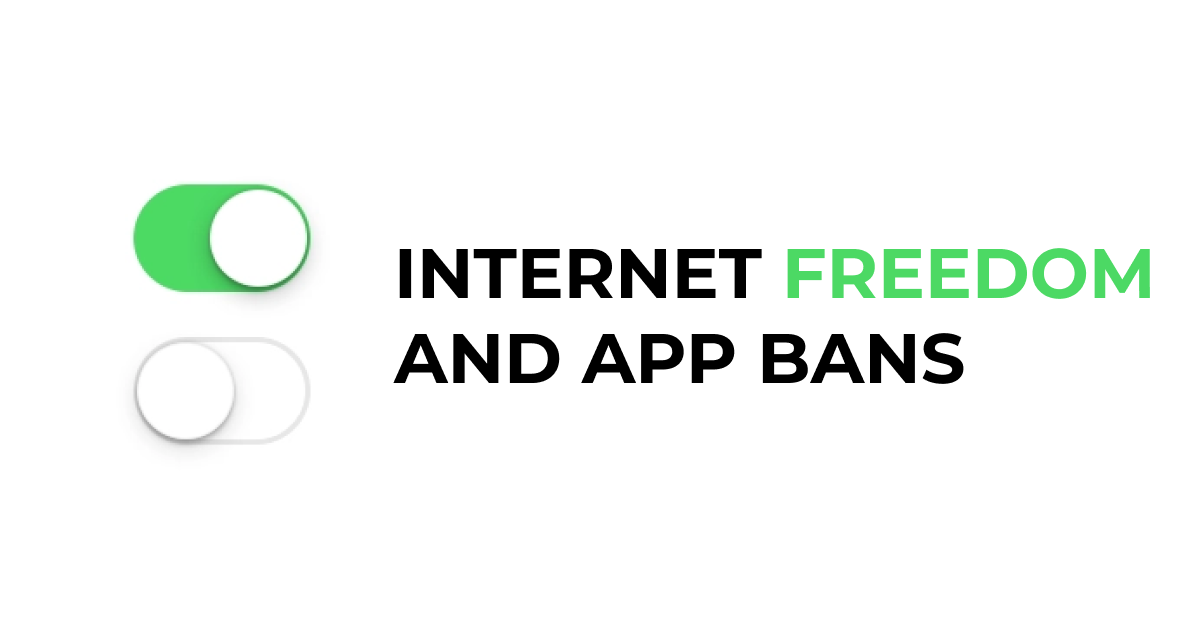
“Governments of the Industrial World, you weary giants of flesh and steel, I come from Cyberspace, the new home of Mind. On behalf of the future, I ask you of the past to leave us alone. You are not welcome among us. You have no sovereignty where we gather…
…You have not engaged in our great and gathering conversation, nor did you create the wealth of our marketplaces. You do not know our culture, our ethics, or the unwritten codes that already provide our society more order than could be obtained by any of your impositions.
You claim there are problems among us that you need to solve. You use this claim as an excuse to invade our precincts. Many of these problems don't exist. Where there are real conflicts, where there are wrongs, we will identify them and address them by our means. We are forming our own Social Contract. This governance will arise according to the conditions of our world, not yours. Our world is different.”
John Perry Barlow
A Declaration of the Independence of Cyberspace
Davos, Switzerland
February 8, 1996
What many call a rhetorical dartboard for Internet libertarians and a dot-com era hubris of mis-founded optimism, the document “A Declaration of the Independence of Cyberspace” still remains relevant in a world of data surveillance and increasing nationalization/ regulation of the internet.
More than 20 years have passed since Barlow first first typed it out as an email in his hotel room at Davos to some 600 odd friends after being pissed with President Bill Clinton for signing the Communications Decency Act into law, empowering the FCC to ban the transmission of "obscene" material on the Internet.
Now, I wouldn’t call Nikhil Pahwa the John Perry Barlow of India, for his stance, is almost always balanced between the libertarian ideals of freedom and the practical implications of leaving the internet unchecked, but he has done much for the freedom of internet in India, which both you and I often take for granted.
You’d remember when Facebook decided to bring Free Basics to India, it led to a huge outpour of criticism against the move and a cry for net neutrality led to the birth of the “Save the Internet” campaign. Nikhil was one of the key people behind the movement.
As the founder of Medianama, Nikhil has spent more than a decade working in and for the internet space in India and I can’t stress enough, how informative listening to him talk about the legal, ethical, and market implications of restrictions on the internet is - the most recent restriction being the app ban that Indian imposed, for which justification can be made, but it raises serious questions. For example, if code is speech then is imposing a ban on code a ban on Freedom of Speech?

We talk about everything ranging from the hypocrisy founders show while sucking up to the government and taking foreign money to the geo-political implications of banning Chinese apps, what is likely to happen to them as they appeal against the order in the judiciary ++ much more!
It’s a very informative discussion that personally opened my mind up and I have to urge you to check it out as well!
You could listen to the show on the audio above or listen to it on your favorite podcasting app:
Apple/Google Podcasts: http://link.chtbl.com/yj6meSpk
Spotify: http://spoti.fi/2n4elRe
NEW SECTION ALERT:
We’re calling it “HOW TO SOUND SMART DURING A DINNER PARTY” where we will try to give you fodder for interesting conversations.

New Non-Personal Data Governance Framework released by the Government, which would impact the competitive advantages of some startups if enforced (clarity awaited).
Our country’s policymakers and legal experts view data in 2 types. Personal and Non-Personal Data.
While an individual’s own location would constitute as personal data; the information derived from multiple drivers’ locations, which is often used to analyze traffic flow, is referred to as non-personal data.
So far, India’s regulation of its citizens’ data and their privacy online was governed under the Information Technology Act, 2000 but last year the Personal Data Protection Bill was tabled in the Lok Sabha. It was sent to a Joint Committee for review and is yet to be passed by both houses. The bill brings several laudable changes to the powers vested with the Indian consumer (“data principal”) on how their data can be used by startups and companies (“data fiduciary”). You could find the details of that the bill and how it would likely impact your business here.
Meanwhile, in important news this month - even as the PDP Bill was being considered by both houses, a nine-member panel, headed by former Infosys vice-chairman Kris Gopalakrishnan, released a draft of the Non-Personal Data Governance Framework. Under this framework, as Anirudh Burman writes in the Indian Express:
“the draft report proposes an expansive regulatory regime that would mandate data-sharing by anyone collecting data above a certain threshold, and require registration with another new data regulatory body for anyone collecting or deriving benefits from non-personal data.”
This means that if as a startup you are collecting non-personal data above this threshold you’d be required to register with a regulator and share this data. Which in the draft’s own words:
Factual information will mandatorily need to be made available for free, but data where there is value-add might be available to your competitors by the government, for a “fair, reasonable and non-discriminatory” price.
Many including Nikhil, as he outlined it in this op-ed, are calling it India’s Nationalisation of Data while some like to draw comparisons to the license raj days.
While it is laudatory that an open data regime exists where the barrier to entry for new startups is reduced with open data sets, the question is if it is fair to those who were innovators and tapped the first-mover advantage in collecting and owning that data.

This could be a nightmare scenario for founders and investors who define valuation for several young AI startups based on the data they own. We’ll be sure to watch this space closely in the coming days on this newsletter. Till then, if you haven’t already, do forward this email to your friends! Maybe this will be a fun way for you to connect with friends during these times and chat about something interesting!


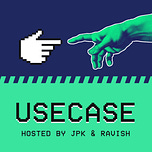




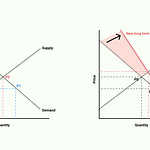
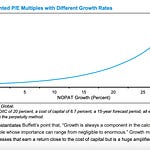
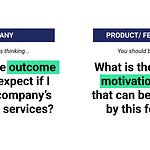
Nikhil Pahwa on freedom of internet and India's ban on Chinese apps